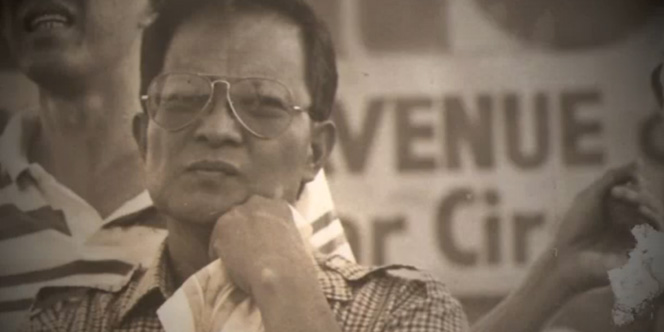Happy birthday, Lino Brocka
Lino Brocka, one of the most internationally known and admired Filipino filmmakers and a committed artist, would have been 75 today, April 3. It is an opportune time, then, to look back at his huge body of filmic work–many are of commercial value, but a number, including, but not limited to Maynila: Sa Mga Kuko […]



Lino Brocka, one of the most internationally known and admired Filipino filmmakers and a committed artist, would have been 75 today, April 3. It is an opportune time, then, to look back at his huge body of filmic work–many are of commercial value, but a number, including, but not limited to Maynila: Sa Mga Kuko ng Liwanag, Bayan Ko: Kapit sa Patalim and, of course, Orapronobis, are of great artistic and political value. Brocka was a fantastic storyteller and had an excellent grasp of the audio-visual medium. But what made him unique was an artistic and political practice that we have scarcely seen in the country, even today: make a few patently commercial films in exchange for one or two great and politically radical (and controversial) ones. The few great ones have stood the test of time and are highly-regarded internationally. But more importantly, these films contain sharp and uncompromising criticism of social realities that continue to exist today. In the case of one, Orapronobis, Brocka went on to show why an armed struggle against the present unjust political and economic system rages on, even after the so-called People Power uprising in 1986 that ousted a dictator.
Here is a short video, by a French filmmaker, of an interview with Brocka shortly after he was released from detention in 1985 for participating in a transport strike:





